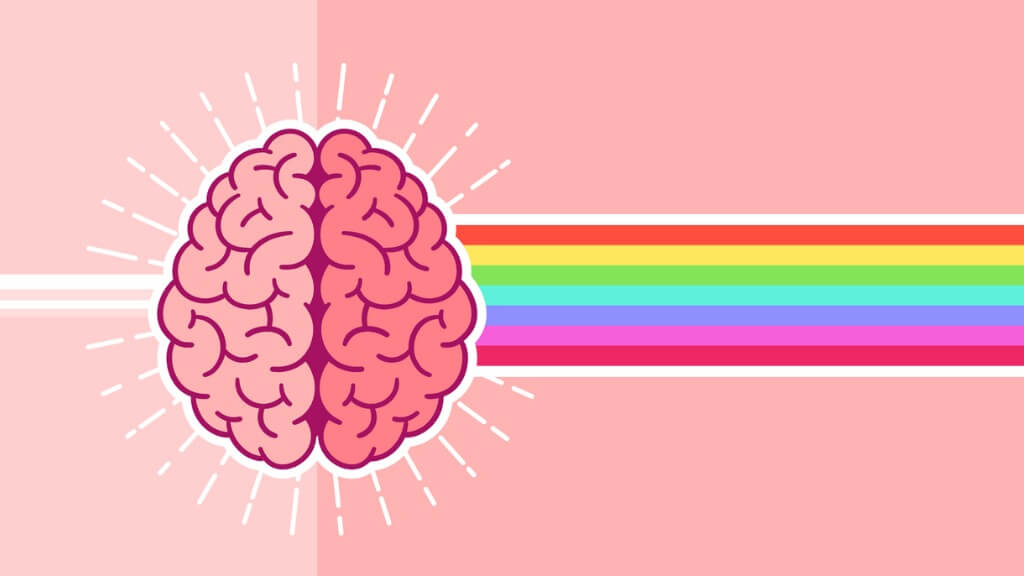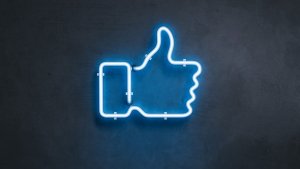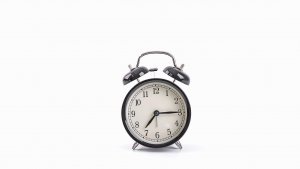Good Morning, Brain
Understanding how the brain works can boost your productivity and wellbeing.

For years, I started my morning with emails and coffee and then stacked meetings and calls following, so that I could focus on important projects for the rest of the day.
By the time I was ready to think critically and wanted to draw on my creativity for deeper projects, I was already low on initiative, imagination, and drive. I couldn’t dive beyond the shallows without incredible effort.
By the end of the evening, when I would return to my desk after dinner and tucking in my girls for the night, I would sit in front of my screen, desperately trying to activate my mind. I found myself constantly chasing the very distractions I was intent on avoiding!
I told myself that doing so might just be the spark of creativity I needed. Maybe a great article would ignite my passion, or a marvellous video would pump me up.
I was expending precious creative fuel I desperately needed, and I accomplished very little while sacrificing valuable time I should have been using to relax and restore. I would have to abandon lots of mediocre output and write-off the wasted time and energy so as to not affect my overall work quality and professional reputation.
Had I only been aware of how much more productive my brain could be right after a good night of some quality downtime and good sleep, who knows what I could have accomplished.
Prioritising your day with the most important projects at the beginning gives you a fresh start with a reset brain that has released its mental exhaust. Research shows that our brains are much sharper in the morning.
In fact, I learned that our brains are actually bigger, literally, in the morning. The Montreal Neurological Institute analysed almost 10,000 MRI scans and found that the brain shrinks over the course of the day only to return to its full size the next morning.2
The team compared the brain to a sponge, which begins fully hydrated in the morning due to the redistribution of fluids during sleep. Our body replenishes our creative juices to begin each day with our full potential.
Now maybe you’re one of those people who are night owls, who thrive on the solitude of late evenings and find that’s your most creative, productive part of the day. Research in the field of chronobiology has validated that some people have different circadian rhythms, and that it’s best not to fight our natural rhythms.
But you still need to make sure you’re getting a good amount of sleep. With that condition, adjusting your schedule to your biology is just fine; the key point is that you need to plug into your brain when it is at its prime. And for most of us, that’s in the morning.
So, I suggest for most of you that you schedule first thing in the morning for deeper projects and allocate blocks later in the day to less demanding work like checking emails and answering the ones that just need a quick reply, doing your filing, and having one-on-one meetings with your staff.
The evening before, decide what your next day looks like and stick to the plan. Do not cancel or reschedule these appointments with creativity. This is your time. This is “the present you” making time for a “future you.”
And the importance of this part cannot be overstated— go through that list of accomplishments each day, and smile. Cross things off your list and savour your productivity.
Single-task as a matter of ritual
This is easier said than done. I get it. But hopefully, the litany of harmful effects from multitasking in the
previous chapter will convince you to try. Once you are working on your scheduled important morning task, work on it with rigorously minimised distractions. Turn off notifications in important moments.
Did you know that we have two separate attention networks? There’s a conscious system that allows us to focus on tasks at hand. Then there is an unconscious network, and it is very vulnerable to distraction.
It shifts focus toward whatever external or internal signals our senses pick up in a moment. Even though your conscious mind may be 100% focused on whatever’s important, your unconscious attention network never shuts down. This is a key reason that all of our tech distractions are so hard to ignore.
Keep this in mind as you begin work each morning: It’s estimated that mobile phone users receive upwards of 200 notifications per day.
That’s not including the daily real-world distractions they receive within the same period. The struggle with notifications is that they cause information overload in compounding microdoses.
Notifications are a self-defeating temptation meant to fool you into believing that you only matter when people are reacting to or reaching out to you. They are designed to create an intoxicating feedback loop of rewards from internal stimulants that make us feel good because we’re being noticed, and people want our attention.
They are horribly damaging to your productivity. Research shows that when you switch away from your primary task to check email, respond to a text, check your social media status, or whatever, you add to the total time it takes to complete your main project by an average of 25%.
So, turn off all notifications on your system. Do it. Go on Do Not Disturb or aeroplane mode on your smartphone. Also, clean up your desktop and close unnecessary windows, browser tabs, and apps.
Take a different kind of break
Essential to revitalising focus as you move through the day is taking strategically timed breaks. Whether
you work for 25 minutes and take a five-minute break, or you push through one-hour intervals and take a 15-minute break, try using breaks to do something you wouldn’t normally do. Instead of opening email, checking notifications, or surfing the web, do something personally rewarding.
For instance, stand up, close your eyes, and stretch. Bend over and try to touch your toes and hold the position for 20 seconds. Try to do as many push-ups as you can. (I recently joined the 100-push-ups-a-day club!) Go for a quick walk.
Deliver a hug to someone close by. Call someone special and tell them you love them. Convey a compliment to someone who deserves it. Recall a joyful event and smile. Whatever it is, do something that makes you feel good before you get back to your masterpiece.
This is an edited extract from LifeScale: How to Live a More Creative, Productive, and Happy Life, by Brian Solis (published by Wiley, April 2019)
About Brian Solis:
With a loyal online audience of more than 700,000 people, Solis’ work has made him a sought-after thought leader to leading brands; celebrities such as Oprah, Shaquille O’Neal and Ashton Kutcher; and more than 1,000 startups around the world.
Prior to joining Altimeter, where he is currently studying digital transformation and how businesses are investing in the new digital customer experience, he was the founder and principle of FutureWorks, where he led interactive and social programs for Fortune 500 companies, leading brands and Web 2.0 startups.
He is also a world-renowned keynote speaker and an award-winning author of seven best-selling books, including “X: The Experience When Business Meets Design,” “What’s the Future of Business” and “The End of Business as Usual.”
A widely sought after speaker, Brian actively shares his vision and experiences through keynotes and presentations at conferences and events worldwide to help organisations understand and embrace the dynamics defining the rise of digital transformation, innovation, connected consumerism and digital lifestyles.
For more information visit: https://www.briansolis.com/.
Thanks for signing up to Minutehack alerts.
Brilliant editorials heading your way soon.
Okay, Thanks!

